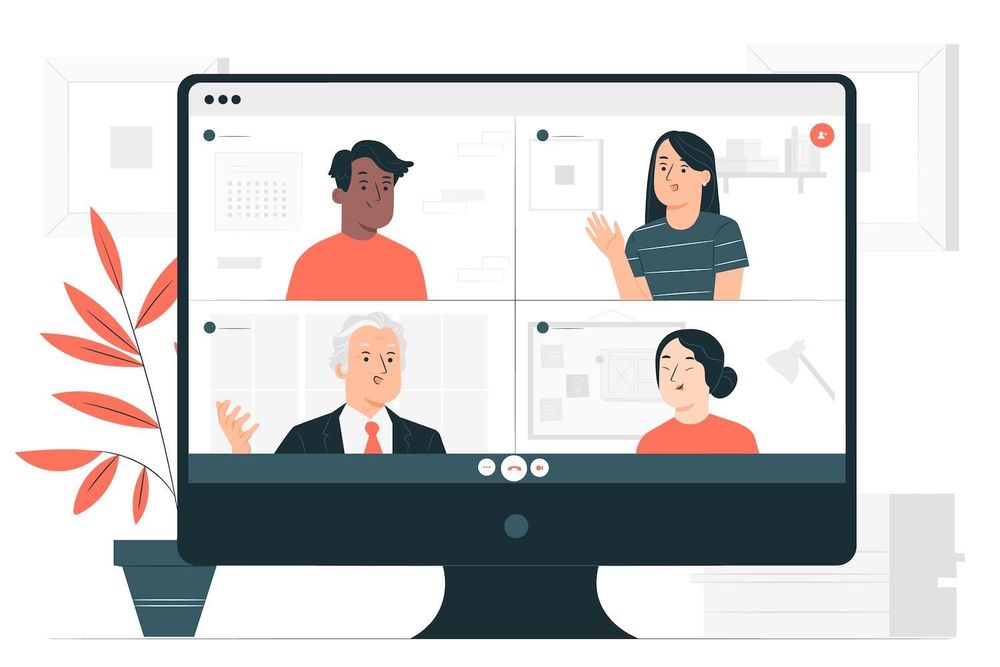Is the strategy Epic is to do with App Stores What other game developers Really Need? -
While mobile game and application developers scream to the sky in spite of the duopoly tax of 30%, which gamers pay on nearly all gaming revenues from mobile, Epic Games has emerged as the leading gaming company trying to make open-source computing available on mobile devices.
Privately, big and smaller studios of all sizes, which features they wanted to find Here is what they told us to consider.
Background Information Slow Decline of Open Computing, and the tax of 30% for apps
Computing has ever more accessible than it is in the present. The past was when software and games were dependent on the computer's free software on PC as well as Mac platforms. This enabled developers to create titles however they deem best. They also maintained an open relationship with users and select payment methods that best suit the players. There were no gatekeepers. The computer was and a player as an online game. This is a totally different world.
Today, over half of screen time for computing is done via mobile phones which is increasing the amount of time spent on screens. Over the past few years, smartphones have been gaining popularity. Additionally, nearly 100% of the mobile OS is divided between Apple as well as Google. In light of the dominance of the mobile market along with the restrictive restrictions on the distribution of games as well as internet-based commerce and commerce, the entire world accessible to computers is now in danger more than ever before. It is creating a significant cost to consumers as well as game and app developers.
It is the case that both Google and their Apple app stores demand the payment of 30% for sales of games and the products are distributed through their platform. Apple is the sole control over gaming distribution and commerce on iOS devices. Google lets OEM market applications, as well as sideloading of mobile games However, it also severely limits payments made by other third-party developers in games that are distributed via Google Play.
Google Play does offer a third-party payment integration option for select game developers by way of"user bill option. " user option billing" Pilot, but "user option billing" is a costly monthly marketplace charges that vary between 26% and 36%, even if you utilize the payment processor of your choice and take on all risks as well as liabilities related to payment processing.
The consequence the result of Apple or Google's power over a significant portion of computing around the world is that they are able to impose a default 30 percent tax on mobile apps and games. Taxes are paid by players, however it is ignored by game developers games, and hinders free computing as well as e-commerce. Because of this is an issue that affects open computing. Gamers big and small are convinced that something must change.
What is the role of games designers who aren't Epic?
The team from our company began an extensive search over a several months in order to discuss with companies in the game industry both big as well as small regarding the aspects they'd love to see in rules for mobile apps. While not everyone agreed about all aspects, the following three are the most important items they said they'd prefer to see:
1. iOS to support sideloading games that do not display scare screens.
iOS does not allow time-based usage for "sideloading" apps and games which are loaded when applications downloaded outside the App Store via the website of the developer, or another market. The feature allows gamers to buy and players to distribute and sell games in the way that developers see fit and that the user accepts the terms of. Android supports sideloading for applications and games but using cumbersome, nastier warnings called "scare screens" which warn mobile phone users of the risks of "downloading applications from the internet." The majority of game developers that we spoke with believed that Apple is a great companion for sideloading. It is important to note that Apple along with Google shouldn't use over-inflated self-serving screen, which make it difficult for users to access apps outside of their stores to download apps.
2. The option to permit unrestricted "steering" and to embed payment via third-party payment platform.
Both Google and Apple have strict restrictions regarding the purchase and pricing alternatives offered by third-party payment providers along with the apps stores. Same item may be purchased at a lower cost to the consumer, however game developers cannot direct their users to these alternatives, provide links to other purchase options, or integrate the purchase of third-party vendors within their games. While many developers have realized the value of transactions made via apps, their primary preference was to give gamers and users the option of making their own decisions to remove restrictions on steering or embedding payment.
3. Zero cost on embedded and steering fees, as well as embedded fees.
Making payments that are embedded or steerable is one thing, but like we've witnessed with"user preference billing" Google "user preferred billing" pilot, the capacity to execute something, as well as the motivation to earn profit from it are two separate factors. This trial version of "user preference billing" provides a staggering 26% fee for transactions made through third-party providers of payment, when paired with the fees those providers must charge, it is only $0 for the vast majority of game developers. The game developers we interviewed believed that 0% was an appropriate cutoff for transactions not in the app store, however they were all in favour having some form of payment for apps that would help to increase the number of downloads and use of games. The cut rate, however, was 26% per transaction that is done by a third party far from what the game designers believed to be reasonable.
What's next?
While there are other subtle suggestions about how app stores operate that developers want to implement. Three of these constitute the core of what they believe would constitute a major improvement in open computing on mobile devices.
About

David Nachman David is CEO of , a reputable complete-service supplier of e-commerce solutions for software businesses. He's responsible for managing the expansion of the business built on its proven history of offering industry-leading online solutions for the increasing need for software. Prior to and over the past two decades, David had held positions as functional vice presidents to the CEOs of companies with high growth, including Vision, Velocify, and HireRight.
This post was posted on here
This post was posted on here
